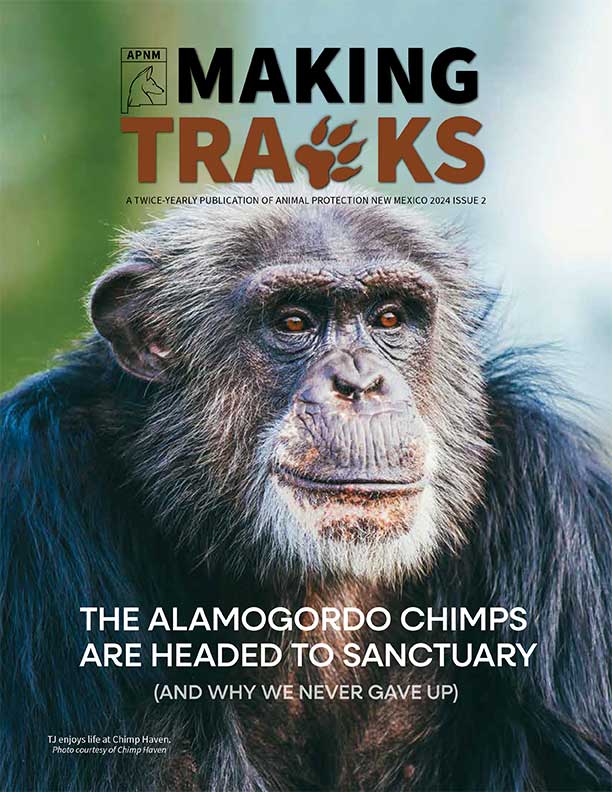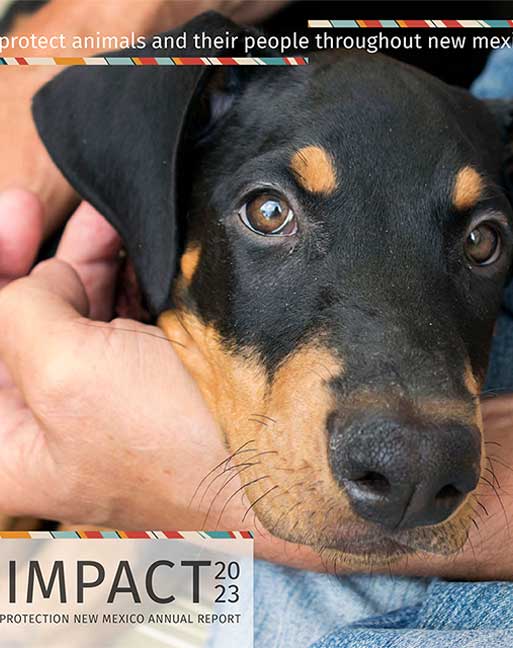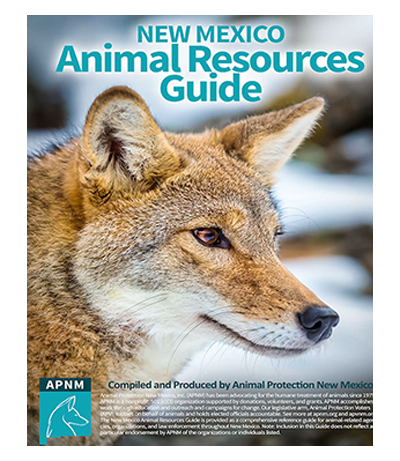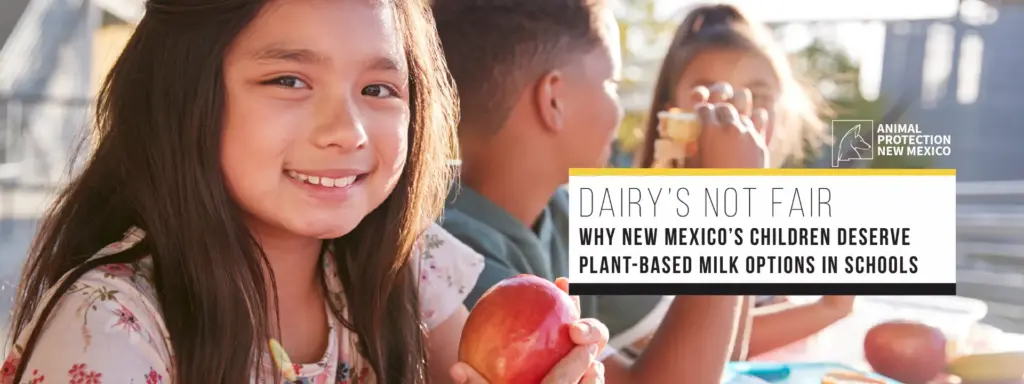Santa Fe, N.M.—Animal Protection New Mexico (APNM) has released a new report, “Dairy’s Not Fair: Why New Mexico’s Children Deserve Plant-Based Milk Options in Schools,” which reveals how outdated policies and the influence of industry force harmful choices—and negative health, environmental, and social costs—onto New Mexico’s children and families.
While cow’s milk has long been marketed as an affordable source of nutrients, the report reveals that its low price tag at the counter conceals enormous true costs.
- Health & Equity: Cow’s milk consumption contributes to chronic diseases and exacerbates racial health disparities. More than 50% of Hispanic adults and 90% of Native American adults are lactose intolerant. In New Mexico alone, approximately 64% of the population—over 1.3 million people—are genetically predisposed to lactose intolerance, meaning most children are unable to safely digest the cow’s milk that schools are federally mandated to serve.
- Environment: A glass of cow’s milk produces three times the greenhouse gas emissions, requires more than 10 times the land, and uses more than double the freshwater of plant-based milks. Mega-dairies in New Mexico are depleting the Ogallala Aquifer, which has already dropped over 100 feet in some areas, and is projected to run dry within 10 to 15 years.
- Worker and Community Justice & Animal Welfare: Industrial dairy operations typically rely on immigrant labor working under hazardous conditions, for extremely low wages. The mega-dairies expose nearby communities to polluted air, soil, and water, increasing risks of asthma and lung disease. Mega-dairies confine large numbers of cows—New Mexico’s dairy herds are the nation’s largest with an average of 2,700 cows per dairy operation, almost nine times the national average—in inhumane conditions.
The report underscores that all the nutrients in cow’s milk can be obtained from healthier, more sustainable plant-based sources, including soy milk. Fortified plant-based alternatives compare favorably across nutrition, health, and environmental measures, but remain less available and accessible in schools due to federal policies that favor dairy.
“Dairy’s dominance in school cafeterias is the result of outdated policies and industry lobbying—not science or equity,” said Judy Wolf, Chief Program & Policy Officer for Humane Communities at APNM. “When nearly two-thirds of New Mexicans are lactose intolerant, requiring children to be served cow’s milk is discriminatory and harmful. Our kids deserve better.”
“All children should have the option of choosing plant-based milks, which are generally healthier for people, animals, and the planet,” said Dr. Hope Ferdowsian, MD, MPH, FACP, FACPM, President/CEO & Co-founder of Phoenix Zones Initiative.
New Mexico educators echo these concerns. “We see kids every day who leave their milk untouched or, worse, drink it and then feel sick,” said Barbara B., a school social worker in central New Mexico. “School cafeterias should be places where all children are nourished, not where some kids are excluded or have to jump through extra hoops because of outdated federal rules.”
New Mexico parents are also calling for change. “My child is lactose intolerant, but unless I send in a doctor’s note, the school won’t give her soy milk,” said Joy M., a parent of a 7th-grader in Albuquerque. “It singles her out for no good reason and makes me do extra work as a parent to make sure she has options at school that won’t make her sick.”
Currently, USDA regulations require schools in the National School Lunch Program to offer cow’s milk to every student, while plant-based options are restricted unless a child presents a doctor’s note or some other school-specified special action by the parent. The majority of parents are not even aware that they can request a dairy alternative for their student, or how to do so, leaving many children without a nutritious drink at lunchtime. Water cannot be offered as an alternative either. Without a doctor’s note, requests by parents and students for plant-based milk can be ignored—and if the requests are accommodated, schools do not receive federal reimbursement for the price of the plant-based milk. These rules deprive children of accessible vital nutrition, stigmatize students who cannot drink dairy, waste an opportunity to instill healthy lifelong habits, and financially penalize schools that accommodate requests.
APNM’s report urges policymakers to act at both state and federal levels by:
- Supporting federal legislation such as the FISCAL Act (H.R. 2539/S. 1236), which would allow schools to freely serve plant-based milks and receive USDA reimbursement.
- Requiring New Mexico schools to offer plant-based milk alongside dairy milk.
- Allocating state funds to support increased availability and affordability of plant-based milks at schools, unless and until federal reimbursement is allowed.
- Enacting stronger regulation of industrial dairy operations to protect communities, workers, animals, and natural resources.
The full report, “Dairy’s Not Fair: Why New Mexico’s Children Deserve Plant-Based Milk Options in Schools,” is available now at https://apnm.org/what-we-do/promoting-plant-based-eating/the-dairy-brief/
________________________________________________________________________________________
Media contact:
Judy Wolf, Chief Program and Policy Officer – Humane Communities
Animal Protection New Mexico
judy@apnm.org
505-280-9062
# # #





